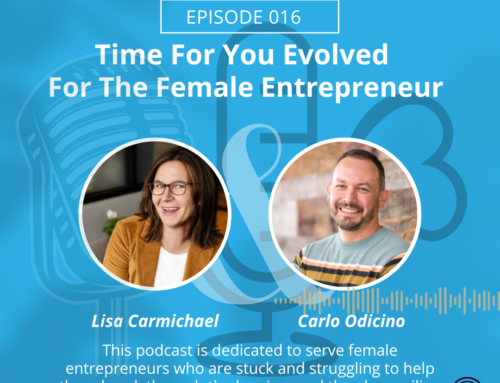What is a blog?
A blog is a self-publication online that can be in any form of media, writing, and photography. The word blog comes from the word weblog, which refers to a website that maintains a regular information update. Blogging has grown over the years from individual entries on the internet in diary-style to something that many businesses consider essential in their websites.
While blogs and traditional websites might look the same and businesses might use both blogs and traditional websites slightly differ. So, what is the difference between the two? Information in a traditional website rarely changes; what is provided is static information, unlike blogs which require regular updates.
How to start a blog and how it works.
There are various types of blogs, from food, travel, parenting, fashion to politics. Content varies significantly depending on your audience. To start a blog, you can buy a domain name and build your website if you are tech-savvy or, you can opt for a more straightforward way and create an account that simplifies everything for you on sites like WordPress and Square Space. Additionally, with the help of video sites like YouTube, video blogging has gained popularity. If you’re creating videos, include them in your blogs and help people around the world see your amazing content.
Blogging requires regular updates; a blog can also be your creative space and does not limit you to the formal language; depending on your content and audience, you can change the tone of your blogs and switch to informal language. Blogs provide a platform for you to interact with your readers because it allows for comments. The feedback you get from your readers can highly determine how much your blog grows, especially in the beginning. Additionally, you can interlink your blogs to another person’s if your content is relatable to theirs.
What are the advantages of blogging?
Blogging allows flexibility; you can post updates whenever you are not limited to a specific time frame. Neither are you restricted to talk about only one thing; your options are limitless. Blogs are good for SEO, especially for businesses that are trying to increase traffic on their sites. They are also a good way for income streams, primarily through advertising and marketing products and services.
The downside to blogs is that they are time-consuming, and at times updating regularly might be a challenge. However, these cons should not stop you from venturing into blogs; here are some tips to help you get started.
- Focus on a specific topic and become the expert in it, and once it attracts a good audience that is sure to return to your blog, then you can cover broader subjects.
- Aim for uniqueness while creating content, do not go for very bombastic words that will give readers a hard time to follow what you are saying, add a personal touch to your content to make the audience feel connected to you.
- Absolutely nothing will increase your authority and gain you more attention in the marketplace than posting regular content to a platform, according to Michael Killen, author of Five Figure Funnels. He explains that credibility is built by someone who is consistent and provides helpful information and free content.
- Use keywords research tools to help you find topics that people are looking for to ensure that you maintain relevance to your audience. Also, see what your competition is writing and the keywords they are using to gain more traffic on their websites.
- Appeal to the senses of your audience, use catchy headlines, good introductions, various media like images, GIFs, bold letters, and short paragraphs to make your blogs inviting.
Having all these in mind will help you get started on your blogs and steer you in the right direction of all things blogging.




